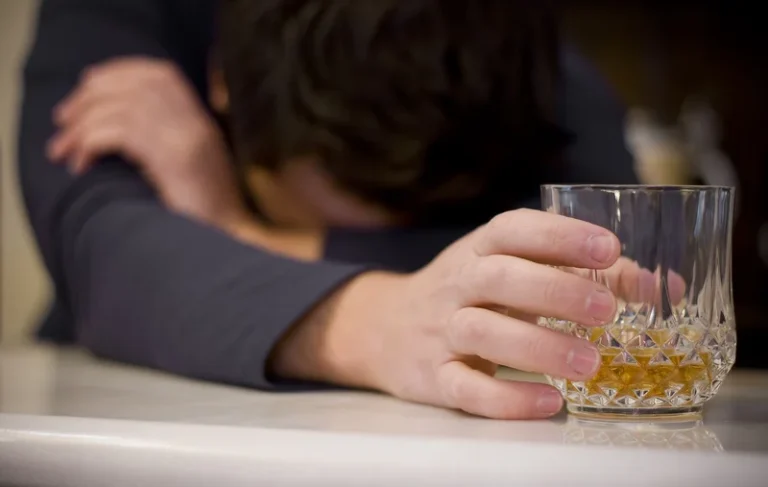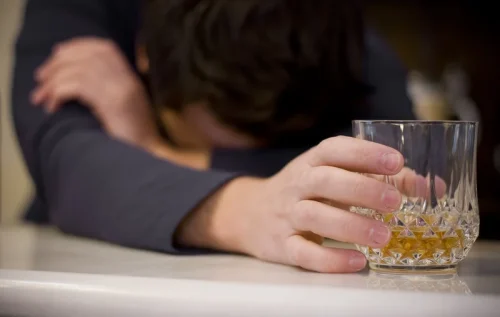The Link Between Alcohol and Anxiety Disorders

Two key neurotransmitters involved are gamma-aminobutyric acid (GABA) and glutamate. Finding hobbies and fun alcohol-free activities can be a great way to release anxious energy. These activities may involve other people, or can be self-care practices you do alone, such as taking a bath, practicing yoga, or reading. Even taking a light walk when you notice anxious thoughts can make a huge difference. The key is to find a calming activity that can help break the cycle of anxiety. There are many tools you can use to help manage anxiety in early sobriety and beyond.
- A rise in BAC levels leads to temporary feelings of excitement, but feelings of depression occur as BAC levels fall.
- According to the National Institute on Alcohol Abuse and Alcoholism (NIAAA), an alcohol use disorder is considered a clinical term for alcohol addiction or alcoholism.
- Instead of focusing on everything you can’t do while you’re taking care of yourself, just focus on the present moment and what needs to happen next.
- Alcohol is a depressant.11 It slows down processes in your brain and central nervous system and can initially make you feel less inhibited.12,13 In the short-term, you might feel more relaxed – but these effects wear off quickly.
Social Anxiety Disorder & Alcohol Dependence
First, the consistent presence of social disturbances may activate and intensify anxiety symptoms among these already vulnerable individuals. Second, alcohol use in the presence of stress stimuli may interfere with extinction-based learning necessary for normal adaptation to stressors. Thus, hazardous drinking can lead to anxiety through a noxious combination of greater levels of life stress coupled with relatively poor coping skills. The relationship between alcohol and anxiety is a multifaceted one, with implications that extend beyond the immediate effects of drinking.

Alcohol, Anxiety, and Depressive Disorders
- It can replace a healthy, normal stress response with anxiety symptoms.
- A hangover is the body’s way of recovering after drinking alcohol, bringing with it a range of symptoms.
- While some individuals may initially turn to alcohol as a means of coping with anxiety symptoms, the long-term effects of alcohol on mental health can exacerbate anxiety and lead to a vicious cycle of dependence.
- These activities lessen the impact of stress and anxiety, and when you can weaken the effects of stress, you give your mind a better chance of regaining its own natural coping strength.
A preliminary evaluation of the lifetime rates of major depressive disorders in 2,409 interviewed relatives of alcoholics revealed a rate of 17.5 percent, a figure that was almost identical to the rate observed in control families. In the sequential approach to treating comorbid anxiety and AUDs one disorder is treated prior to addressing the other disorder. Evidence for the substance-induced hypothesis comes from multiple sources. A central prediction of this causal model is that abstinence from alcohol should be followed closely by a conspicuous decrement in anxiety symptoms. Data from a study of 53 patients who participated in alcohol treatment at a residential substance abuse program were consistent with this prediction (Kushner et al. 2005).
Strategies for Reducing Caffeine and Alcohol Consumption
At Agape Treatment, healing begins with connection, compassion, and the right clinical support. Moreover, research indicates that individuals with pre-existing anxiety disorders may be more susceptible to developing problematic drinking patterns. They might use alcohol as a form of self-medication but ultimately find that it worsens their mental health over time.
- Whether an individual’s anxiety is related to financial stress, past trauma, or untreated depression, alcohol serves as simply a temporary band-aid.
- It’s not uncommon or unexpected to feel regret when this happens—you may feel regretful about what you said or did to others, or nervous that they will judge you for your behavior.
- Studies have shown that people with alcohol dependence have a 2.6 times higher risk for developing anxiety disorders than those who do not have alcohol dependence.
- Mindfulness is just one of a number of ways you can help calm anxiety.
- Some may experience an onset of anxiety attacks shortly after consuming alcohol, while others may notice a sudden escalation of existing anxiety symptoms.
If, despite these efforts, you still periodically wake up after drinking with feelings of anxiety, practice mindfulness. And when anxious feelings surface, turn to healthy alternatives like meditation, deep breathing or exercise. The parallel-treatment approach requires that specific treatments for both disorders are delivered simultaneously, although not necessarily by the same provider or even in the same facility.

It is typically taken twice daily, with dosage adjustments based on the patient’s response. Diazepam is a benzodiazepine that enhances the effects of the neurotransmitter GABA, helping to reduce anxiety. It is also important to check whether you feel able to take a break from alcohol and look out for the warning signs of a drinking problem. Self-medicating your panic attacks with drink can leave you psychologically dependent on alcohol because the short-term sedative effects can be addictive. In the UK, 82% of does alcohol cause anxiety teachers believe tests and exams have more impact on the mental health of their students than anything else. While feeling anxious before an exam is a normal reaction, high levels of test anxiety can lead to a deterioration in mental health and also negatively affect exam performance.
Explore stress-relieving activities
Increased cortisol can reduce your ability to regulate emotions the next day. Research has shown that a negative frame of mind will likely get in the way of healthy coping strategies. Using alcohol to cope may lead to more severe hangover symptoms if you already have anxiety or depression. Research has shown that the more anxiety, depression, and stress symptoms you have, the more severe your hangovers can be.
Can Quitting Drinking Help My Anxiety?

It is common for individuals with a social anxiety disorder to engage in alcohol use to cope with Halfway house social interactions that are difficult for them. When this occurs, alcohol dependence can occur during socializing, which worsens anxiety. You might have found yourself asking one or more of the following questions, “Does alcohol increase anxiety? Alcohol does overall increase the anxiety symptoms of individuals that suffer from anxiety disorders. The way alcohol changes the levels of serotonin along with various neurotransmitters in the brain can worsen anxiety.